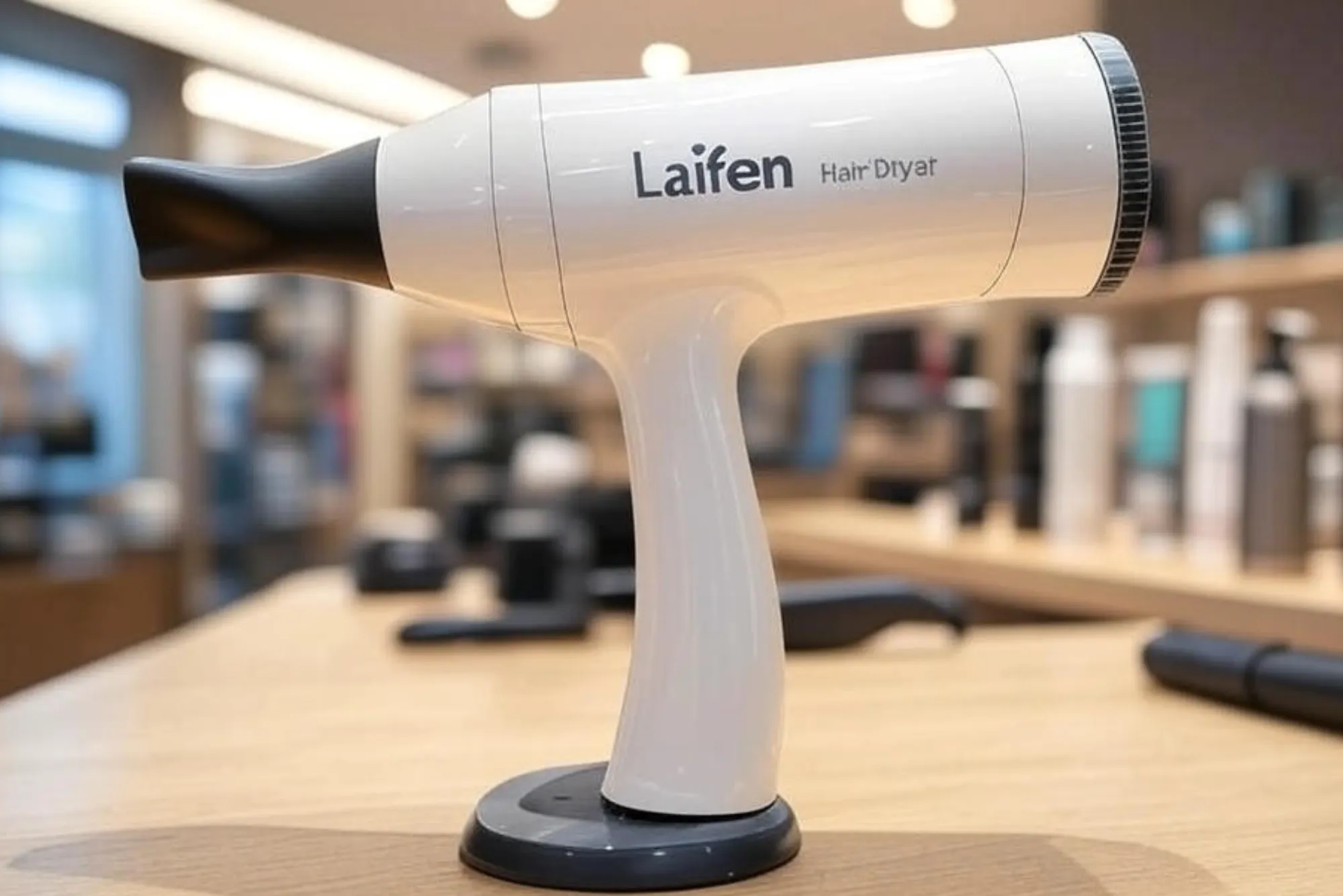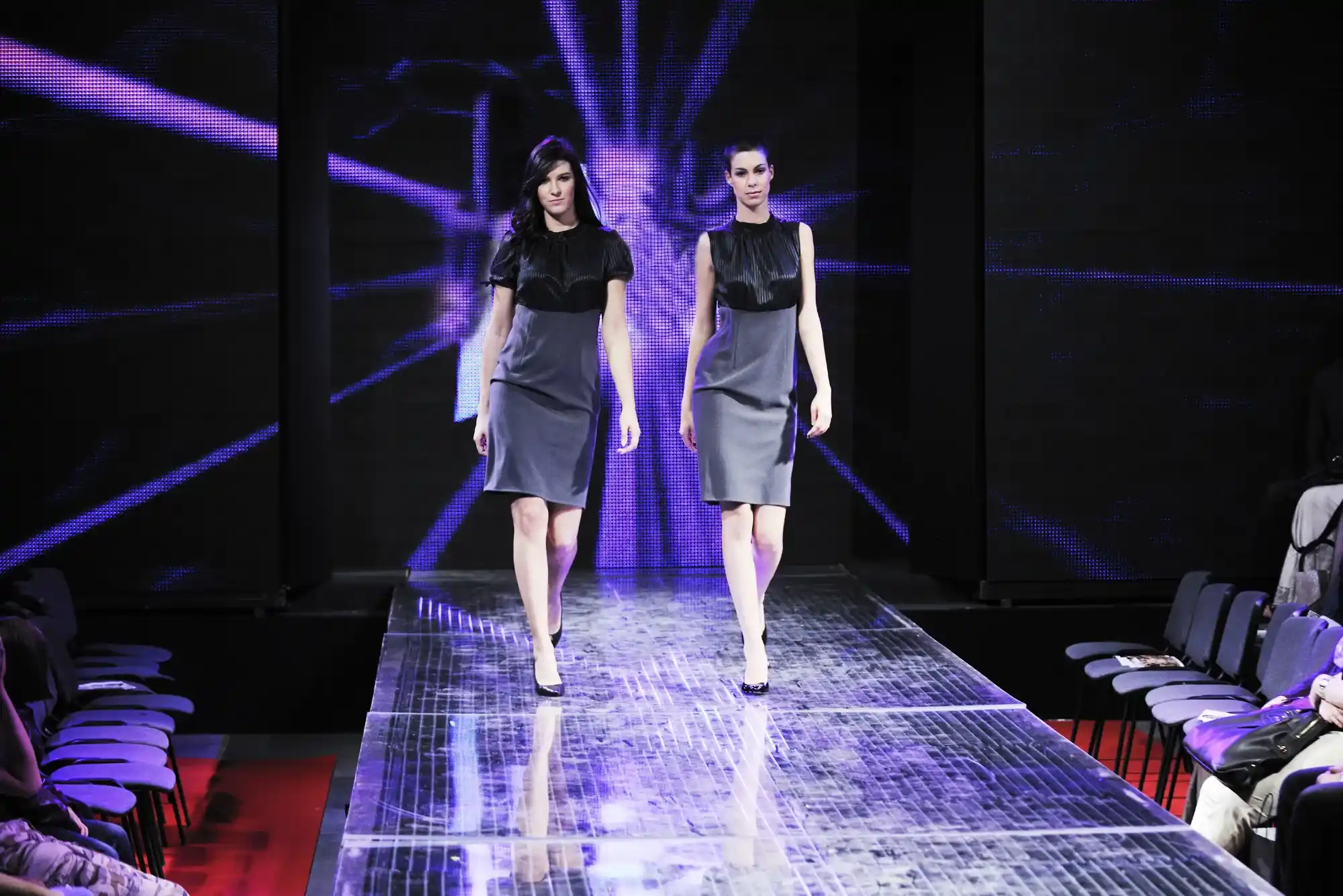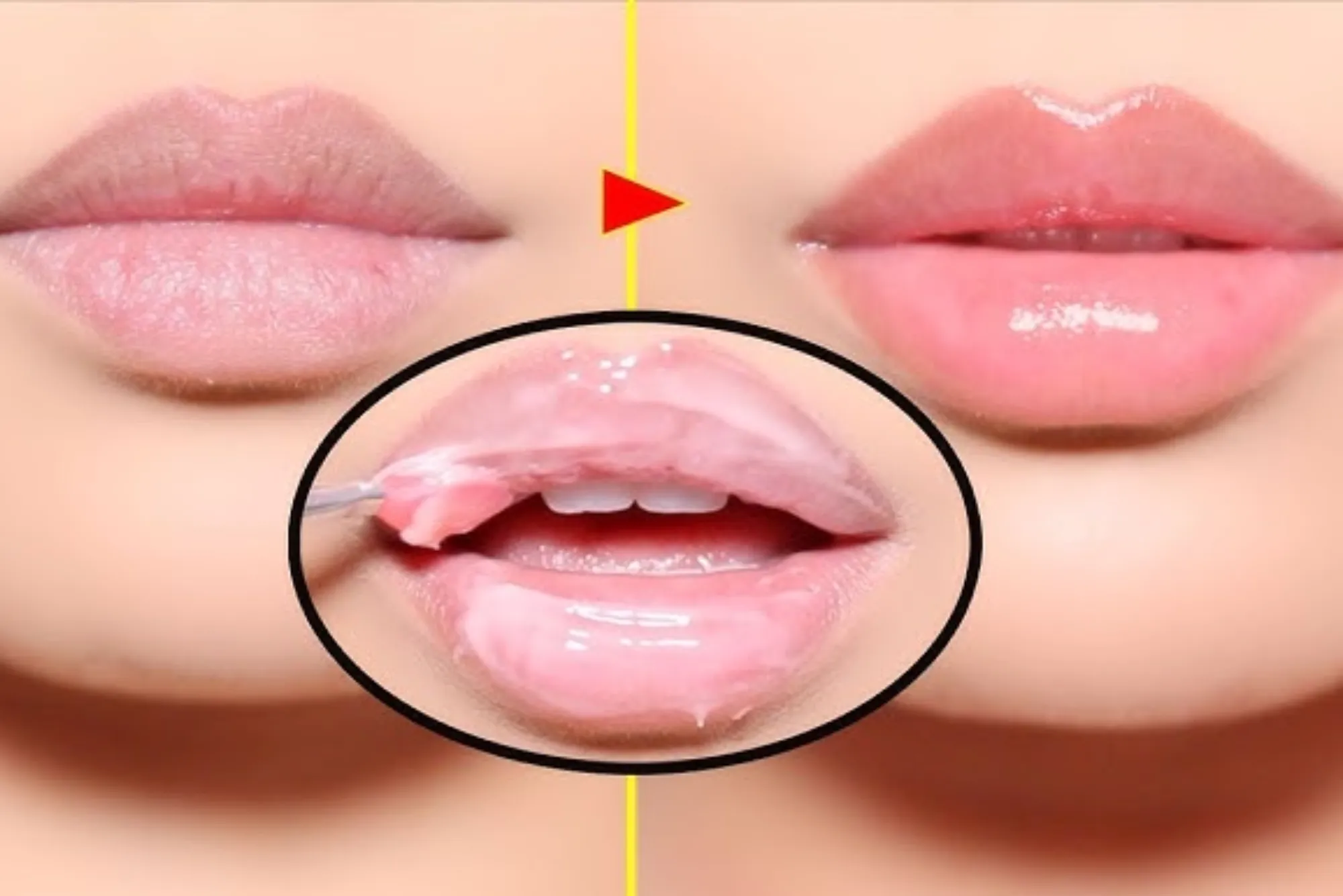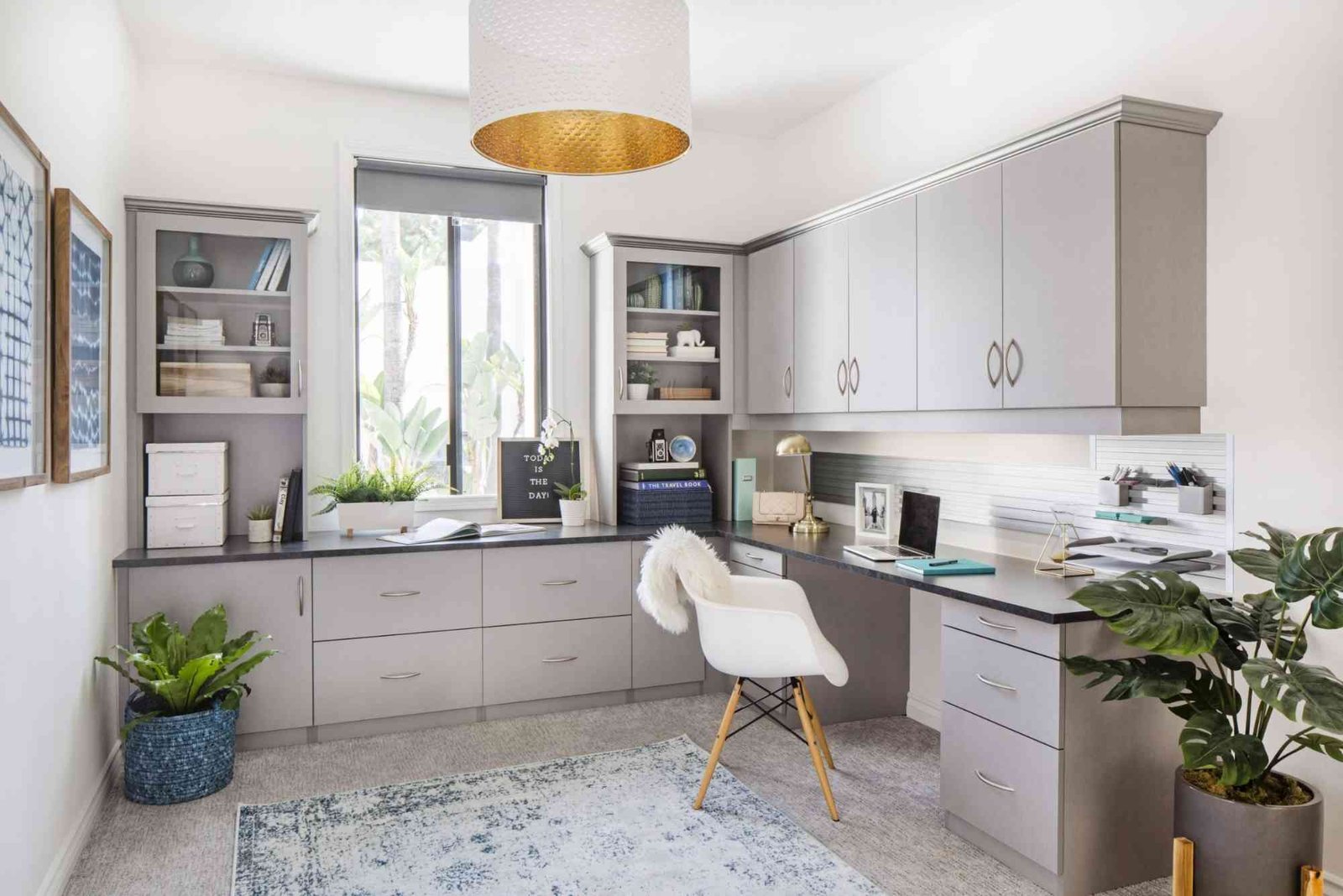Dubai Fashion Week (DFW) stands as a beacon in the global fashion industry, showcasing the innovative and eclectic styles emerging from the Middle East.
Renowned for its grandeur and sophistication, DFW is not only a platform for established designers but also a launchpad for emerging talents.
This article aims to provide an in-depth look at the evolution, structure, highlights, and future prospects of Dubai Fashion Week, shedding light on its pivotal role in shaping the fashion landscape both regionally and internationally.
History and Evolution
Origins and Inception
Dubai Fashion Week was founded in 2006, driven by the vision of establishing Dubai as a global fashion hub.
The inception of DFW was spearheaded by influential figures in the fashion and business sectors, aiming to create a high-profile event that would attract international attention.
The inaugural event set the stage for what would become a significant fixture in the fashion calendar, blending the rich cultural heritage of the Middle East with contemporary global trends.
Major Milestones and Growth
Over the years, DFW has undergone significant transformations, expanding its reach and influence. The first edition in 2006 highlighted regional designers and attracted local and international media.
By 2010, collaborations with global luxury brands brought international designers to Dubai, marking a significant milestone.
The event continued to grow, and by 2015, rebranding efforts aligned DFW with Dubai’s vision of becoming a leading global fashion capital.
In response to the global pandemic, the 2020 edition introduced digital showcases, reaching a wider audience through virtual platforms.
The 2023 edition saw a record number of participating designers and brands, further solidifying its status as a major international event.
Organization and Structure
Key Organizing Bodies
DFW is organized by a dedicated team of professionals, including key figures from the Dubai Design and Fashion Council (DDFC).
The DDFC plays a crucial role in curating the event, ensuring a seamless execution. The involvement of prominent industry leaders and fashion icons adds to the event’s prestige, providing a blend of expertise and visionary leadership.

Sponsorship and Partnerships
Sponsorships from major luxury brands such as Chanel, Dior, and Emirates Airlines, along with partnerships with media outlets like Vogue Arabia and Harper’s Bazaar, enhance the event’s profile.
These collaborations bring financial support and global visibility, enabling DFW to attract top-tier talent and offer unparalleled experiences.
The synergy between these brands and DFW helps in creating a world-class event that resonates with both regional and international audiences.
Event Format and Schedule
Typically held over five days, DFW features a well-structured schedule that includes runway shows, seminars, workshops, and networking events.
Each day is meticulously planned to provide a mix of creative showcases and educational opportunities. The primary venues for DFW include luxurious locations such as the Dubai Design District (d3), Armani Hotel Dubai, and other iconic spots in the city.
These venues are chosen for their architectural beauty and state-of-the-art facilities, providing an exquisite backdrop for the fashion showcases.
Key Events and Highlights
Major Shows and Runway Events
The heart of DFW lies in its spectacular runway shows. Each edition features an impressive lineup of designers, with international designers such as Elie Saab, Zuhair Murad, and Balmain gracing the runways.
These shows not only highlight the latest trends and collections but also set the tone for upcoming fashion seasons. DFW is also known for spotlighting up-and-coming designers, giving them a platform to debut their collections to a global audience.
This initiative has launched the careers of several now-renowned designers, contributing to the vibrant and diverse fashion ecosystem.
Seminars and Workshops
In addition to runway shows, DFW hosts a series of seminars and workshops led by industry experts. Topics covered include sustainable fashion, digital innovation, and brand building, providing valuable insights and professional development opportunities.
These sessions are designed to educate and inspire participants, offering them the tools and knowledge needed to succeed in the competitive fashion industry.
The interactive nature of these seminars and workshops encourages dialogue and exchange of ideas, fostering a collaborative environment.
Networking Opportunities
Networking is a key component of DFW. The event offers numerous opportunities for attendees to connect, including VIP events, after-parties, and industry meet-and-greets.
These networking sessions are invaluable for designers, buyers, and media professionals, facilitating collaborations and partnerships.
The social aspect of DFW, combined with its professional networking opportunities, makes it a must-attend event for anyone involved in the fashion industry.
The connections made during DFW often lead to new business ventures, creative projects, and long-term professional relationships.
Fashion Trends and Influences
Trends Showcased at DFW
DFW is a trendsetter, often showcasing cutting-edge styles and innovative designs. Recent editions have highlighted themes such as sustainability, inclusivity, and the fusion of traditional and modern aesthetics.
Designers are increasingly focusing on eco-friendly collections, using sustainable materials and ethical production methods.
Celebrating diversity with collections that cater to different body types, ages, and cultures, DFW fosters a unique blend of Middle Eastern heritage with contemporary fashion, seen in the use of traditional fabrics and motifs in modern designs.
These trends not only influence regional fashion but also resonate with global audiences, setting the stage for broader adoption.
Impact on Global Fashion
The influence of DFW extends beyond the Middle East, impacting global fashion trends. The event attracts international buyers and media, who take note of the innovative designs and emerging trends showcased.
Local designers gain international recognition, and the event fosters a unique blend of cultural styles, promoting a rich diversity in fashion.
DFW’s emphasis on creativity and innovation makes it a significant player in the global fashion industry, with its trends often echoed in international collections and fashion weeks.
The event’s ability to bring together diverse influences and present them on a global stage highlights its importance in shaping the future of fashion.
Economic and Cultural Impact
Contribution to Dubai’s Economy
The economic impact of DFW on Dubai is significant. The event attracts a global audience, boosting tourism and the hospitality sector. Luxury hotels, restaurants, and retail establishments benefit from the influx of visitors.
Additionally, DFW stimulates growth in the local fashion industry, providing opportunities for designers, manufacturers, and retailers.
The increased media attention and international presence at DFW contribute to Dubai’s reputation as a global city, attracting further investment and economic activities.
The fashion week not only brings immediate economic benefits but also supports long-term growth by establishing Dubai as a key player in the global fashion market.
Cultural Significance
Culturally, DFW promotes Middle Eastern heritage and contemporary aesthetics. The event encourages cross-cultural collaborations, with international designers drawing inspiration from regional traditions.
This cultural exchange enriches the fashion industry and promotes a deeper understanding of Middle Eastern culture and aesthetics.
By showcasing traditional craftsmanship alongside modern innovations, DFW highlights the region’s rich cultural tapestry and its relevance in contemporary fashion.
The event serves as a platform for cultural dialogue, bringing together diverse perspectives and fostering mutual appreciation and respect.
Media and Public Relations
Media Coverage and Publicity
Media coverage plays a pivotal role in DFW’s success. Key media partners such as Vogue Arabia, Harper’s Bazaar, and local news outlets provide extensive coverage, highlighting the event’s key moments and standout collections.
Social media platforms amplify the event’s reach, engaging a wider audience and creating buzz around the featured designers and trends.
The strategic use of media ensures that DFW maintains a high profile, attracting attention from fashion enthusiasts, industry professionals, and the general public.
The comprehensive media coverage helps to document the event’s highlights and spread its influence globally.
Public Engagement
Public engagement is encouraged through accessible ticketing and interactive experiences. DFW offers a range of ticket options, from general admission to VIP passes, making the event accessible to a diverse audience.
Interactive experiences, such as live-streamed shows and virtual tours, engage fashion enthusiasts worldwide, allowing them to participate in the event from afar.
The inclusive approach to public engagement ensures that DFW remains connected with its audience, fostering a sense of community and shared passion for fashion.
The event’s ability to reach and engage a broad audience contributes to its enduring popularity and impact.
Future Prospects
Upcoming Editions and Anticipated Changes
Looking ahead, DFW continues to evolve, with plans for future editions already in motion. Innovations such as virtual shows and sustainable initiatives are set to enhance the event.
Future editions are expected to feature more digital integration, with augmented reality (AR) and virtual reality (VR) experiences providing immersive ways to view collections.
The adoption of new technologies will not only enhance the viewer experience but also open up new possibilities for creative expression. As DFW embraces these changes, it will continue to set the standard for innovation in the fashion industry.
Long-Term Vision and Goals
The long-term vision for DFW includes solidifying Dubai’s position as a fashion capital, addressing challenges, and seizing opportunities in the ever-changing fashion landscape.
Strategic goals include promoting sustainable practices within the fashion industry, ensuring diverse representation and accessibility, embracing new technologies to enhance the event experience, and expanding the event’s reach and influence on an international scale.
By focusing on these goals, DFW aims to create a lasting impact on the fashion industry, fostering creativity, innovation, and cultural exchange.
The event’s commitment to these principles will ensure its continued relevance and influence in the global fashion arena.
Dubai Fashion Week plays a crucial role in shaping the fashion industry, offering a platform for creativity, innovation, and cultural exchange. Its impact on the economy and its promotion of Middle Eastern fashion make it a standout event.
As DFW looks to the future, it remains committed to driving the fashion industry forward, ensuring its continued relevance and influence on the global stage.
The event’s success is a testament to the vision and dedication of its organizers, participants, and supporters, who collectively contribute to its enduring legacy.









